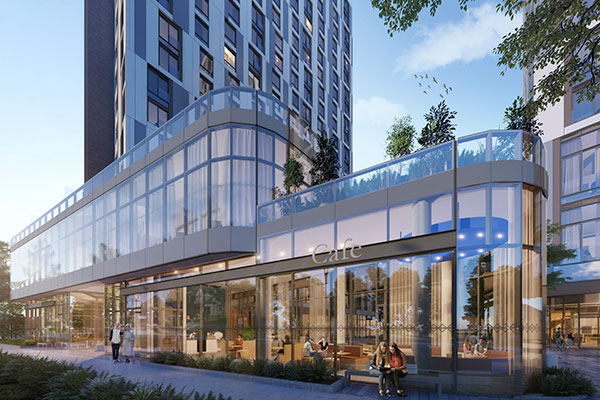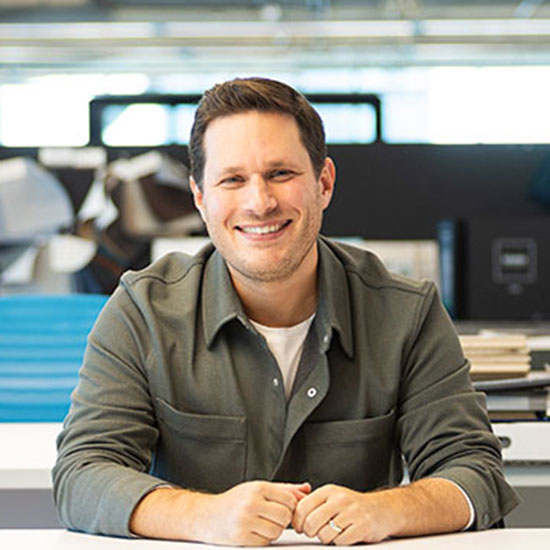Expertise
Designing cities to be equitable and inclusive requires a holistic approach that considers the diverse needs of all people. Individual dimensions of gender expression and identity, age, disability, neurodiversity, health, culture, race, place of origin and other facets of human diversity are brought into focus through an inclusive design lens.
Our expertise combines the specialist skills of our multidisciplinary designers and our dedicated consultancy, Human Space. Together, we recognise and respond to the multitude of individual experiences that impact our interactions with the built environment.
How we can help
1. Engagement and participation
We bring together people with diverse perspectives to engage in meaningful conversations to help shape the urban environment for all. We do so, through community consultation, co-design workshops, user experience reviews and stakeholder facilitation.
2. Transit audits
It is important that our city transit systems consider the customer journey of persons with disabilities. Our recent audit for Metrolinx GO Network assessed how existing infrastructure performed in terms of accessibility, usability and safety and made practical recommendations for improvement that would enhance the passenger experience.
3. Guidelines and standards
Urban design guidelines can ensure that pathways, street crossings, public spaces, wayfinding systems and street furniture enhance mobility and safety for all pedestrians. Our design framework for the Government of India focused on creating child-friendly neighbourhoods by ensuring safe and playful spaces for infants and toddlers with accessible and inclusive areas for caregivers.
4. Inclusive housing design
Diverse and affordable housing options that are designed with accessibility features can offer flexibility, and independence for those with cognitive or physical disabilities. Our research on age-friendly living illustrates how housing designed to be accessible would provide older people with the choice to age-in-place in the heart of their community.
5. Training
Built around a cross-disability perspective on accessibility in the built environment, we provide training to organisations to help their staff understand the ‘whys’ of accessibility and to listen to people with disabilities share their personal experiences.
Case studies

Axess Condominiums
Toronto, Canada
Axess Condominiums is a game-changing project in Pickering, Ontario that will set new standards for inclusive design in the residential market.

